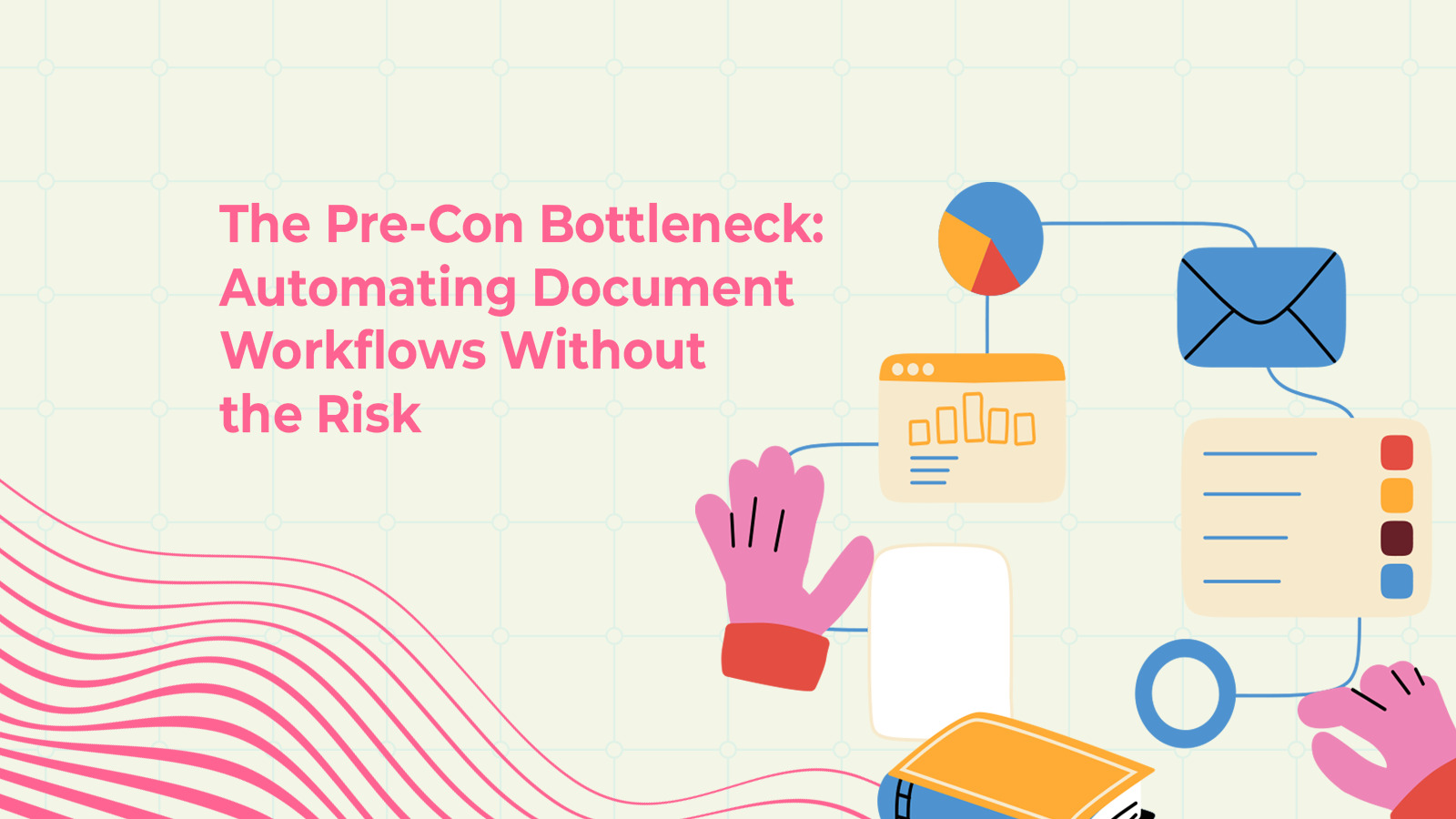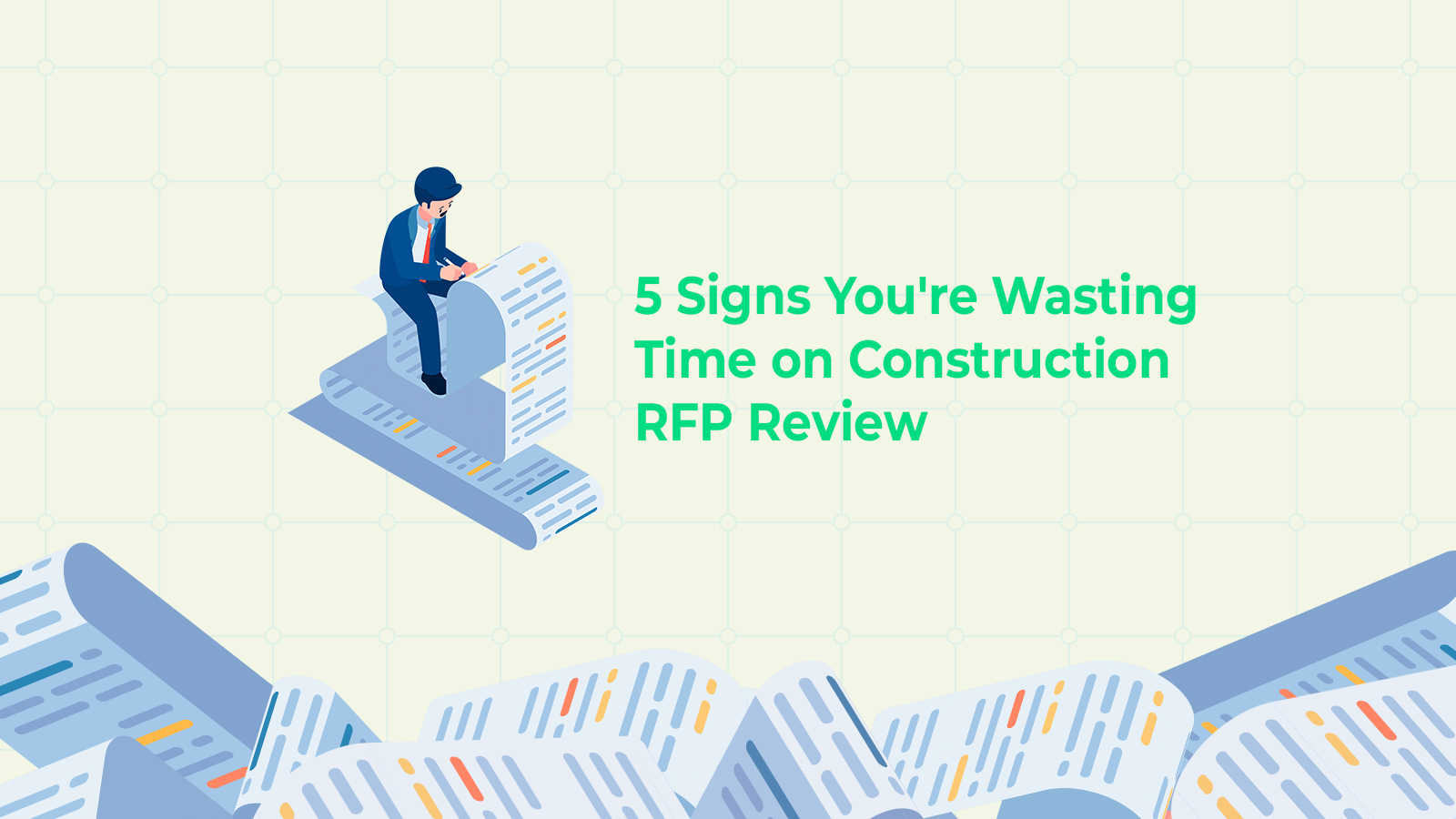For large, regulated enterprises in sectors such as Financial Services, Healthcare, and Pharmaceuticals, meaning organizations typically exceeding $500M in revenue with over 1,000 employees, the narrative around healthcare interoperability has often been dominated by immediate compliance pressures. While regulatory adherence remains undeniably critical, the strategic conversation has evolved. Today, true strategic interoperability is not just about meeting complex requirements; it is about unlocking a profound competitive advantage and, crucially, enabling the trustworthy AI initiatives that will define the future of your industry.
Your organization, with its intricate blend of cloud solutions and legacy systems (which can include varied enterprise platforms alongside sprawling EHRs), data warehouses, BI tools, and multiple integration points, intimately knows the pervasive pain of fragmented data. You have invested heavily in technology, but is your organization truly leveraging its most valuable asset, your data, to its fullest potential?
Consider these persistent challenges that may be hindering your progress:
- Fragmented Data Hindering Growth: Is the inability to connect disparate healthcare datasets limiting your capacity to identify new market opportunities, optimize patient pathways, or develop innovative services?
- Reactive Compliance Cycles: Are you constantly playing catch-up with new regulations, expending vast resources on manual data reconciliation and reporting due to inconsistent data flow?
- Suboptimal AI Performance: Are your significant AI investments yielding less-than-expected results because underlying healthcare data is siloed, inconsistent, or lacks the necessary lineage and quality for reliable model training?
- Operational Inefficiencies and High Costs: Do disparate systems force manual reconciliation, redundant data entry, and complex, brittle integrations that drain resources and introduce errors?
- Erosion of Trust in Data Handling: In an era of heightened data privacy concerns, can your organization confidently demonstrate the security and ethical handling of sensitive healthcare data across all touchpoints?
These are not merely isolated technical glitches; they are significant strategic impediments. In a global landscape demanding unprecedented agility and sophisticated data-driven insights, fragmented healthcare data is a critical liability.
The Strategic Imperative: Interoperability as an AI Enabler and Business Driver
Moving far beyond basic data exchange, true strategic interoperability transforms your healthcare data landscape into a dynamic, responsive, and intelligent ecosystem. It ensures that critical information from your complex EHR systems, other legacy platforms, and innovative new cloud applications can not only be shared securely but also deeply understood, accurately contextualized, and utilized seamlessly across your entire enterprise.
This fundamental shift towards strategic interoperability offers a powerful dual benefit for forward-thinking regulated organizations in healthcare:
Empowering Trustworthy AI:
- Improved Data Quality and Context: Interoperability provides the essential framework for standardizing, cleansing, and contextualizing your vast stores of healthcare data. Clean, consistent data is the lifeblood of robust AI models.

- Transparent Data Lineage and Governance: Understanding precisely where data originates, how it is transformed, and who accesses it becomes transparent. This is crucial for explaining AI decisions, ensuring fairness, and meeting compliance for explainable AI (XAI) and ethical AI.
- Comprehensive Datasets for Better Models: AI models thrive on large, diverse datasets. Interoperability allows you to aggregate comprehensive patient records and operational data. This leads to more accurate predictions, better insights, and more reliable AI applications, from predictive analytics for risk assessment to optimizing operational workflows.
Driving Operational Excellence and Competitive Advantage in Healthcare:
- Accelerated Decision-Making: Real-time access to holistic patient and operational healthcare data empowers faster, more informed decisions across clinical, administrative, and executive levels.

- Enhanced Patient Experience: A unified view of patient data enables more personalized care, seamless care transitions, and proactive engagement, fostering stronger relationships and improved outcomes.
- Proactive, Embedded Compliance: By standardizing data exchange and implementing robust governance at the source, your healthcare organization can build compliance into its operational fabric, reducing the burden of reactive auditing and reporting.
- Fostering Innovation and Agility: Interoperable systems are inherently more flexible. They allow for easier adoption of new technologies, integration with innovative third-party solutions, and rapid adaptation to market changes or new regulatory demands in healthcare.

- Significant Cost Optimization: Eliminating manual processes, reducing data duplication, and streamlining workflows leads to significant operational cost savings and a more efficient allocation of resources within healthcare operations.
The Path Forward: Navigating the Interoperability Journey with Pivotly
Achieving true strategic interoperability, especially within the complex and highly regulated environments of large healthcare enterprises, is a strategic journey, not a one-time project. It requires a profound understanding of your existing infrastructure, familiarity with emerging healthcare data standards (like FHIR), and a nuanced grasp of the specific regulatory landscapes you operate within.
At Pivotly (www.pivotly.com), we specialize in partnering with regulated enterprises, particularly in healthcare, to unlock the transformative power of their data. 
We provide the deep industry expertise and market-leading solutions required to transform your fragmented healthcare data landscape into a truly interoperable, governed, and AI-ready ecosystem by:
- Assessing Your Current State & Crafting a Roadmap: We analyze your existing data architecture, identify critical interoperability gaps, and develop a tailored strategy aligned with your business objectives and compliance needs in healthcare.
- Implementing Robust Integration Solutions: We leverage modern integration platforms and expertise in healthcare standards (e.g., HL7, FHIR) to build secure, scalable, and reliable data pipelines that connect your legacy systems with modern cloud platforms and data lakes.
- Establishing Enterprise-Wide Data Governance: We help you design and implement comprehensive data governance frameworks that ensure data quality, security, privacy, and ethical use across all interoperable systems. This is crucial for trustworthy AI in a healthcare context.
- Enabling Trustworthy AI Development: We provide the clean, governed, and integrated datasets your AI teams need to build accurate, fair, and compliant models that drive real business value within your healthcare operations.
- Modernizing Your Data Infrastructure: We guide your healthcare organization in evolving from complex, siloed integration tools, like many traditional ESBs, to a more agile, composable data fabric that supports long-term interoperability and innovation.
Ready to transform compliance into competitive advantage?
Do not let fragmented healthcare data hold your regulated enterprise back from its full potential. Embrace strategic interoperability to fuel your AI initiatives, enhance operational efficiency, and secure your leadership position in a data-driven future for healthcare.
Contact Pivotly today to explore how we can help you build a truly interoperable and AI-ready healthcare data ecosystem. Visit www.pivotly.com/request-consultation or call us at (651) 208-9300.





